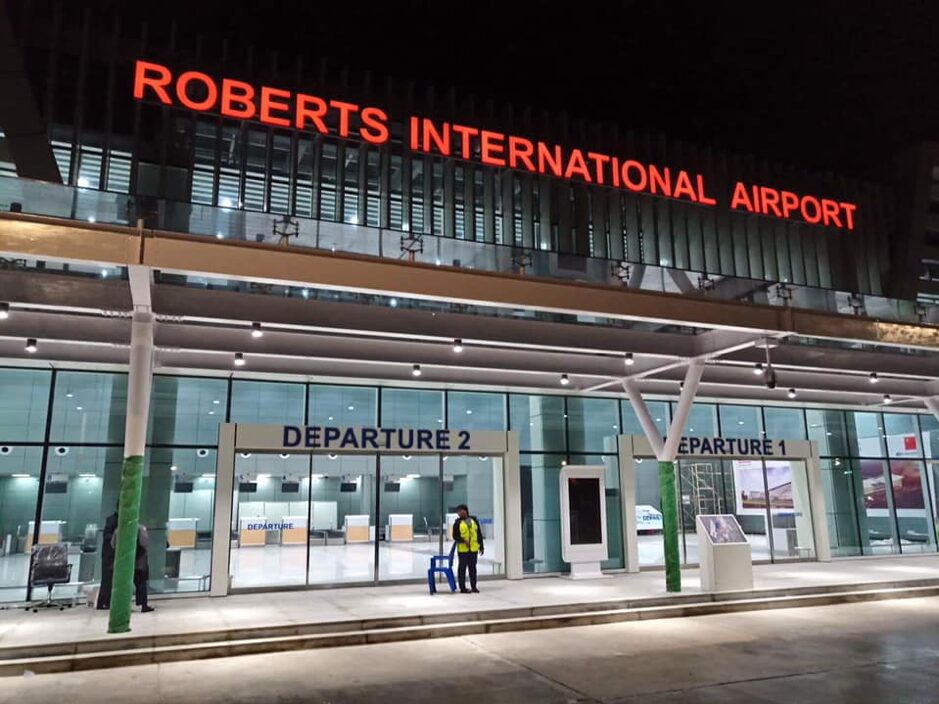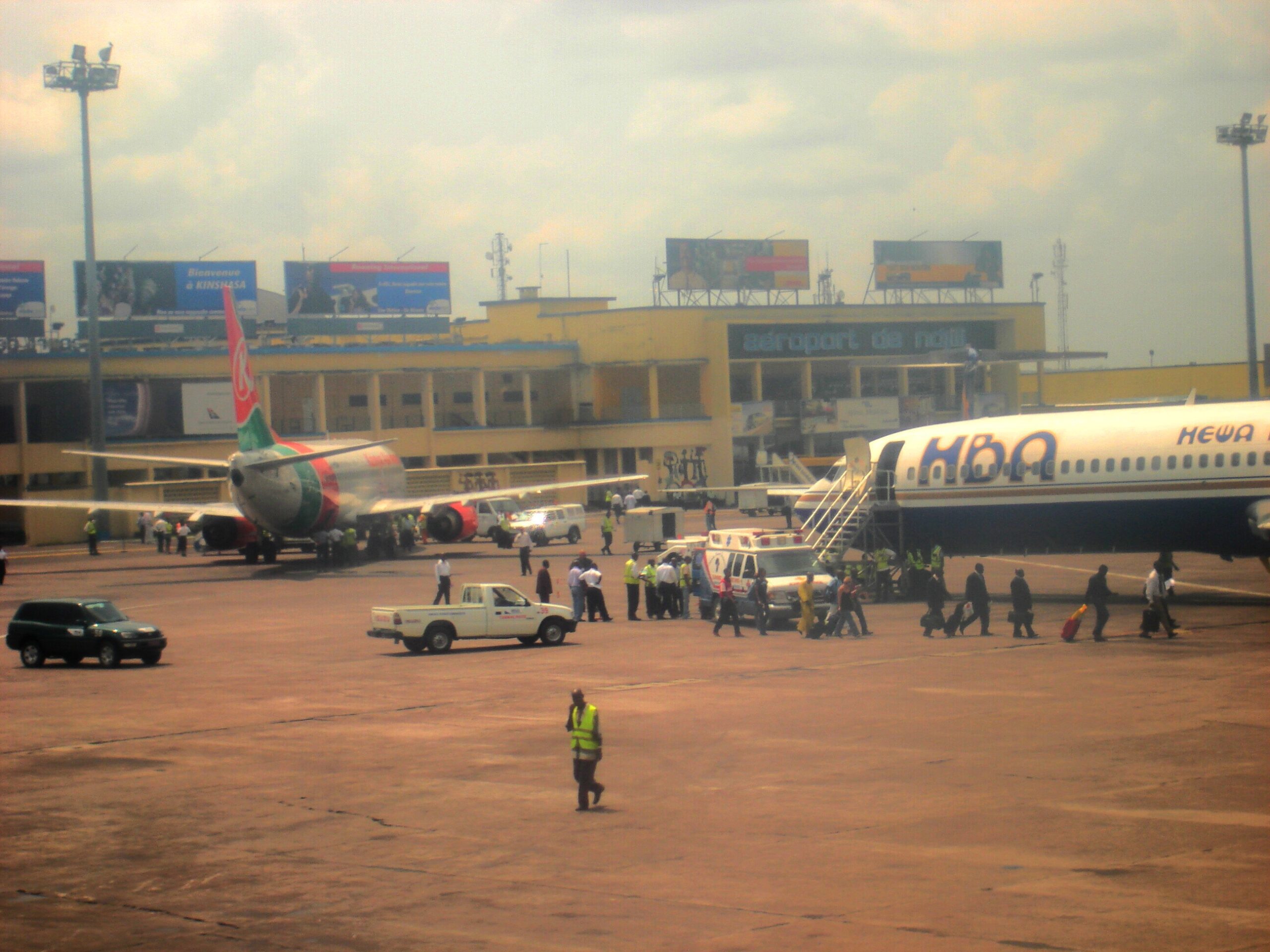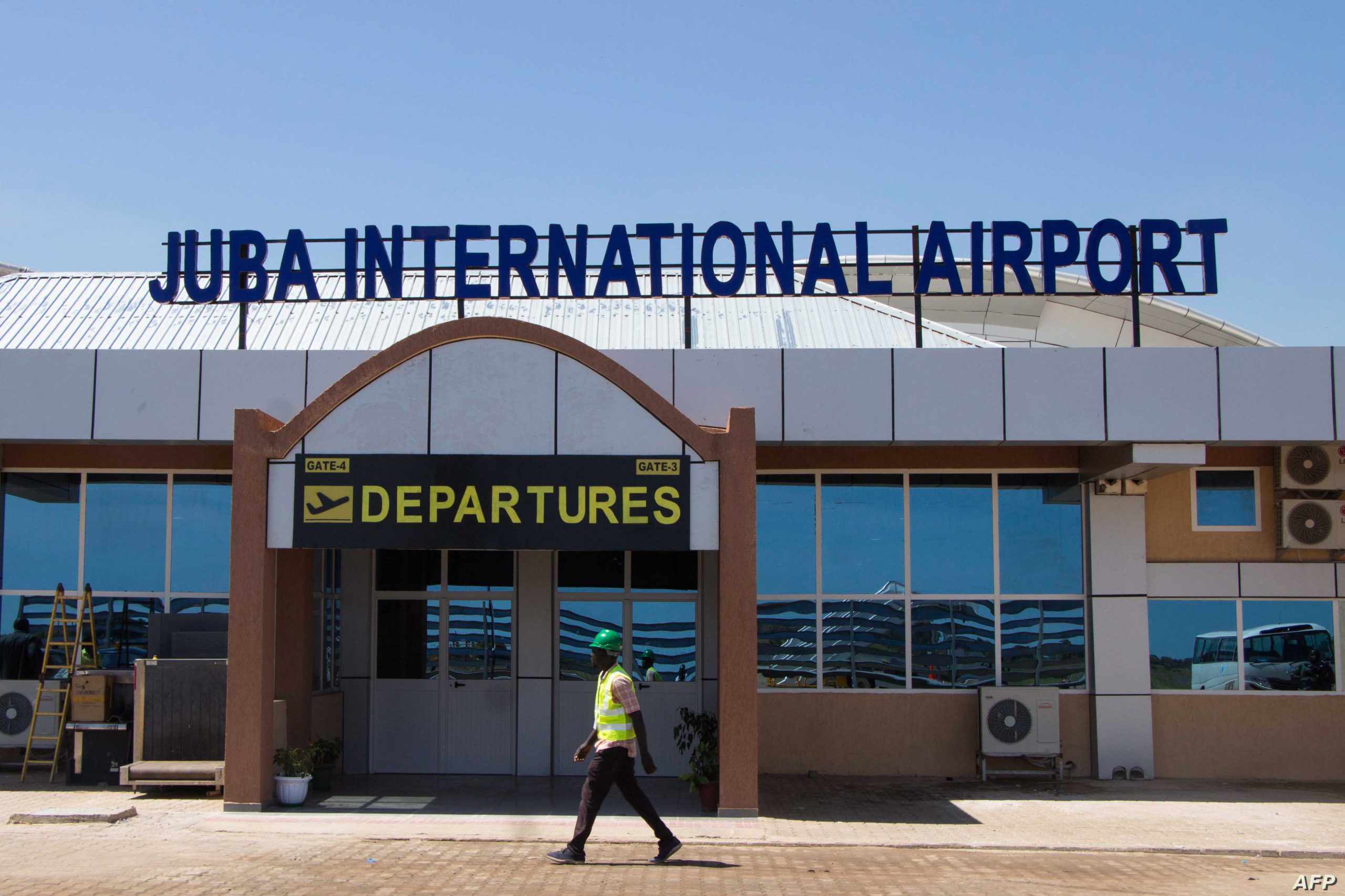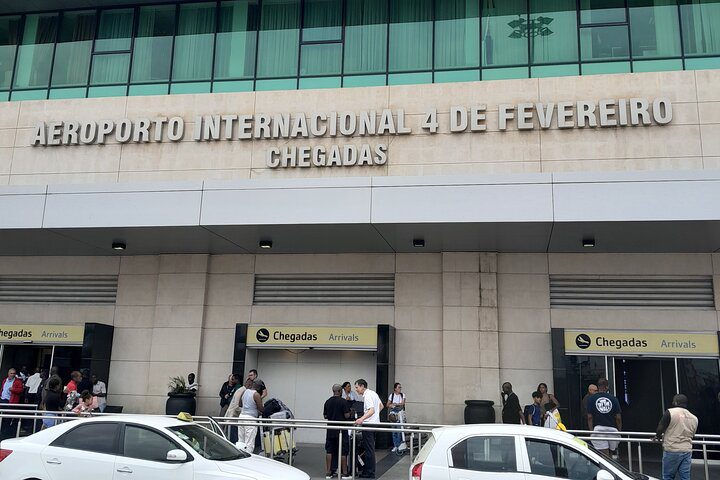We have highlighted the worst airports in Africa and now, we bring you the most stressful airports in Africa as well. Travelling through some African airports can be a stressful experience due to several factors.
Table of Contents
What Makes Airports Stressful?
Outdated infrastructure, limited space, and inefficient layouts lead to congestion and delays. Passengers encounter slow and disorganized security procedures with multiple checks or inconsistent practices. Furthermore, unreliable flight information also causes frustration and uncertainty among passengers not to mention navigating customs and immigration.
Other factors that make it stressful at an airport include complex check-in/check-out procedures, lack of transparency, or unclear instructions. Some even lack proper basic amenities such as comfortable seats, food and washrooms. While strong internet connectivity is necessary in this age; some African airports lack Wi-Fi connectivity or are very poor altogether.
Which are the Most Stressful Airports in Africa?
Below are the nine most stressful airports in Africa.
Roberts International Airports

Liberia’s Roberts International Airport. Photo/
The biggest challenge with Roberts International Airport in Liberia in the past was blackouts at the control tower. This left many passengers frustrated as technicians tried to get backup generators working while passengers endlessly circled in the sky. It also has a reputation for cancelling flights to certain routes.
Tripoli International Airport
Tripoli International Airport in Libya was greatly affected by civil and political strife and it has reconstruction works going on. It has limited operations meaning it operates at a reduced capacity, leading to flight delays and cancellations.
Khartoum International Airport
Crowding and delays are common issues stemming from limited space and outdated facilities at Khartoum International Airport in Sudan. Another major challenge is passengers report that they experience slow and disorganized security procedures.
Kinshasa N’djili International Airport

Kinshasa N’djili International Airport. Photo/Wikipedia
The Democratic Republic of Congo has a long tail of political strife that has affected its infrastructural development. Kinshasa N’djili International Airport leaves so much to be desired due to outdated facilities and limited space within the airport. There are frequent delays and crowding ranking it among the most stressful airports in Africa.
Julius Nyerere International Airport
The Tanzanian airport has had an issue with overcrowding and outdated infrastructure leading to congestion in arrival and departure areas. Security checks also take a lot of time which is cumbersome for many passengers.
Chad’s N’Djamena International Airport
N’Djamena International Airport (NDJ) in Chad previously had issues with its facilities which are obsolete. This affected its capacity to handle passenger flow efficiently. Some passengers have in the past registered their frustration due to delays during peak travel times.
Luanda Quatro de Fevereiro International Airport
Angola’s Luanda Quatro de Fevereiro International Airport has struggled to handle a growing passenger volume. It has led to congestion in arrival and departure areas and has resulted in delays, frustration, and limited space for passengers. It also lacks proper infrastructure, including inadequate seating, restrooms, and basic amenities like air conditioning or reliable Wi-Fi.
Juba International Airport

Juba International Airport. Photo by Akuot Chol / AFP
Juba International Airport in South Sudan knows the pain of being ranked among the most stressful airports in Africa and for valid reasons. This is a reason which has experienced perennial tribal conflict which hurdled its infrastructural development. The main terminal remained unfinished for a long period.
Passengers have had to navigate through tents for customs, immigration, and other services. It has created an uncomfortable and crowded environment, especially during peak travel times.
Murtala Muhammed International Airport
Murtala Muhammed International Airport in Nigeria has struggled to handle the growing passenger volume, leading to congestion in arrival and departure areas. Delays, frustration, and limited space for passengers is a thing in these airports.
Further, MMIA lacks adequate infrastructure, including poorly maintained buildings, broken facilities, and inadequate seats for passengers. The level of discomfort is always stressful for passengers.
Which Country in Africa has the Highest Airports?
South Africa has the highest number of airports at 407. It is the foremost African nation in terms of airport ownership and securing the 20th position globally. Additionally, the Democratic Republic of Congo and Kenya trailed closely behind with 198 and 197 airports respectively.
The 407 airports in South Africa trace back to the Apartheid era. During apartheid, the government established numerous small airports to segregate and control the movement of people, particularly the black population. These airports often served as hubs for domestic flights within segregated areas. Subsequently, the government also built airports in remote areas to facilitate the transportation of essential goods and services, providing vital access to these regions.
Fast forward, these airports have developed because of the huge tourism market that South Africa enjoys. Its mining industry also drives the country’s airline industry.








